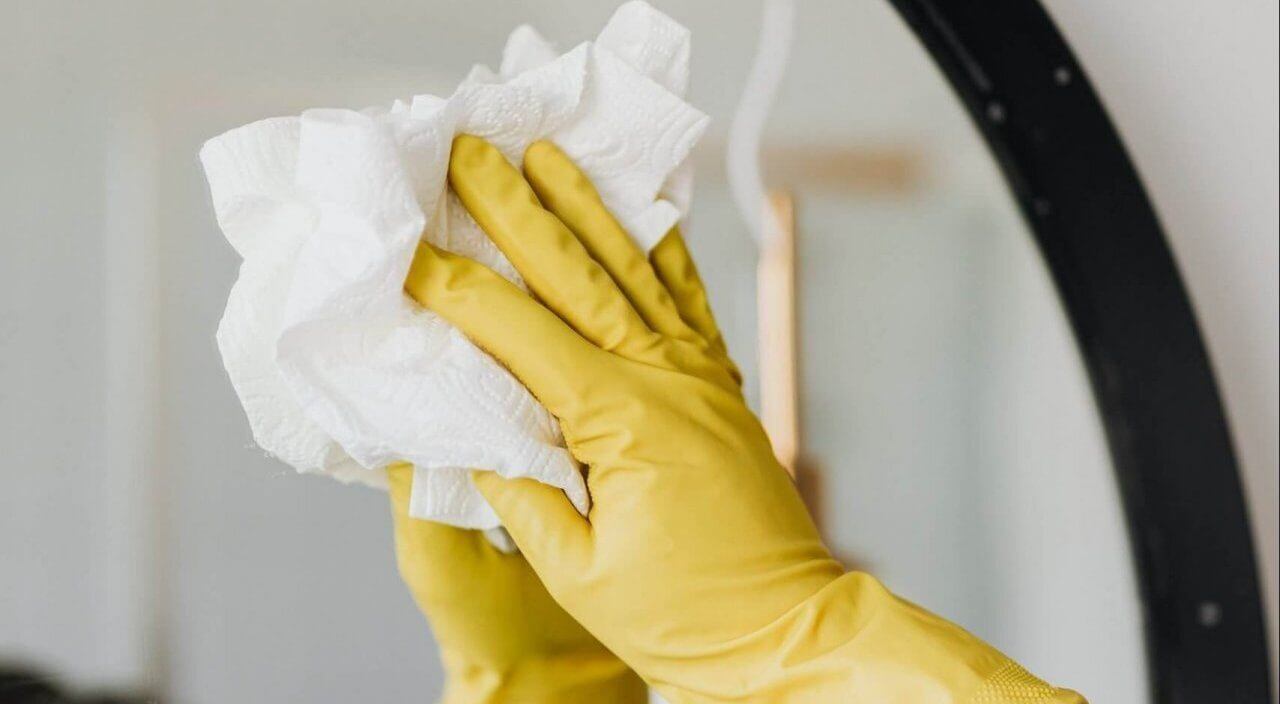Wipes: An Industry-Specific Guide to Materials and Uses

Welcome to our first article in a series specifically for distributors of industrial wipes and disposable wiping products. Whether you sell to the janitorial and sanitation industry or provide more heavy-duty products for automotive garages or plants using heavy machinery, you want to know that the bulk wipes you’re selling are right for your customers. Choosing the right wipes for your customers’ industries means more repeat sales and better customer satisfaction.
In this first article, we’ll look at why industrial wipes are so in demand and what industries use them, and then start to understand why polypropylene wipes, low-lint wipes, or latex-free wipes all have specific applications depending on the industry using them.
Industrial Wipes: A Brief History
Humans have been wiping things up with rags and other pieces of cloth since fabrics were first invented. But the advent of industrial wipes began with the industrial revolution. Factories had many moving parts that needed lubrication or cleaning, and that meant using perfectly clean rags every time to avoid particles and dust damaging the machinery. By the 1920s, rags were big business, often using reclaimed, sterilized clothing items.
Disposable wipes came to the forefront of the industry after WWII, with various additions like nylon used to strengthen paper wipes which often weren’t durable enough for industrial applications. Today’s industries have incredibly specific needs, which is why Berk supplies cellulose wipes, latex-free wipes, polypropylene wipes, low-lint wipes, and polyester wipes in a variety of forms. Helping you, as a distributor, understand our bulk wipe options leads to better relationships between you and your customer base.
What Industries Use Industrial Wipes?
Janitorial and Sanitation
Jan/San probably uses the widest range of wipes of any industry. Janitorial professionals need highly absorbent cellulose wipes, which absorb around 90 percent of fluid spills instantly, then wipe dry effortlessly. These types of wipes are immediately disposable. But these professionals may also need more heavy-duty options — wipes that can handle a range of cleaning solutions without tearing or producing dust or lint. These wipes have virtually no lint, so they are especially important for surfaces that need impeccable shine, such as metal or glass.
Hospitality
Restaurants, hotels, and bars are enjoying a rebound after extremely difficult times during the recent pandemic. Because of this, successful restaurants are more focused than ever on cleanliness and hygiene. Not only does this help keep staff and customers safe, but reassures their customers and encourages people to return to eating out and staying out.
With that in mind, it’s vital that you understand the needs of your customers in the hospitality industry. They’ll need different wipes for their janitors than they will for their restaurant staff. For chefs and kitchen workers who need to grab and wipe quickly, latex-free wipes might be essential to avoid allergies and sensitivities. Plus, it's likely both bar and kitchen staff will need absorbent cellulose wipes on hand at all times to deal with spills.
Medical
The medical industry uses more disposable products than just about any other, with wipes used for disinfecting, sterilizing, and general cleaning as well as mopping up spills and ensuring surfaces are completely dry. Disposable washcloths solve challenges within medical environments by choosing specific solutions. For example, a hospital could choose a precise sanitizer required in a surgical environment or a general cleaning fluid for a doctor's office.
Talk to your customers about cellulose wipes for complete absorbency and ensuring surfaces are dry and therefore less prone to bacterial build-up. Consider skin sensitivities and whether latex-free wipes may be essential in particular situations. Your medical clients may be surprised to know how many options are available that suit their unique requirements.
Automotive
Wipes for the automotive industry might be used in finishing and cleaning parts for vehicle assembly, or by mechanics and auto-body specialists working on cars for individual consumers. They need low-lint wipes that won’t leave debris on parts or clean surfaces. They also need wipes that can be infused with solvents like xylene for dealing with products like oil and grease.
Strength is particularly important here, and in our next article, we’ll look at the benefits of mixed wood pulp and polypropylene wipes for the combination of toughness and absorbency.
General Industrial
Manufacturing and other industrial factories and plants need tough cleaning solutions that match up very closely to incredibly specific requirements. Talking to your customers about their specific needs is vital, but Berk can also give you advice on which wipes match which industrial applications best.
For any cleaning of mechanical parts, low-lint wipes ensure particles aren’t left which could be dragged into the machinery once cleaning is complete. Tougher options like Spunlace wipes mean your customers can use one wipe for one job without it tearing or ripping. For industrial applications where spills may be a common risk, talk to your customers about high-absorbency wipes.
Look out for the next article in our series for wipes distributors. We’ll take a deeper dive into the features and materials of wipes used in the industries we’ve discussed, to keep you fully informed on how to offer the right wipes to your customers.
What industry are you distributing wipes for? Berk can give you the right advice on what products work best for your clients and will get you the most sales and return customers. Set up a call with Berk International today.
Image credits: Photo by Karolina Grabowska on Pexels.



